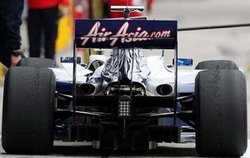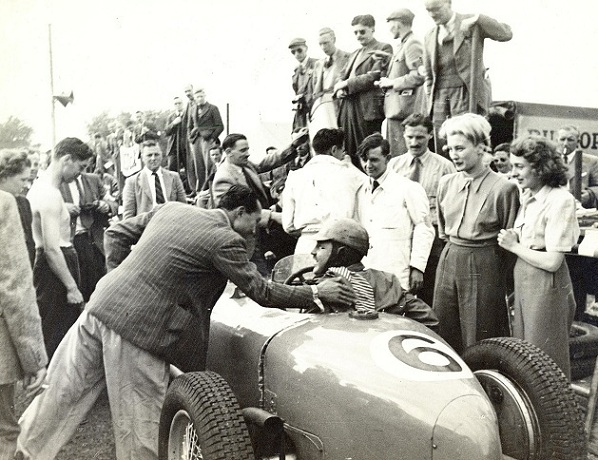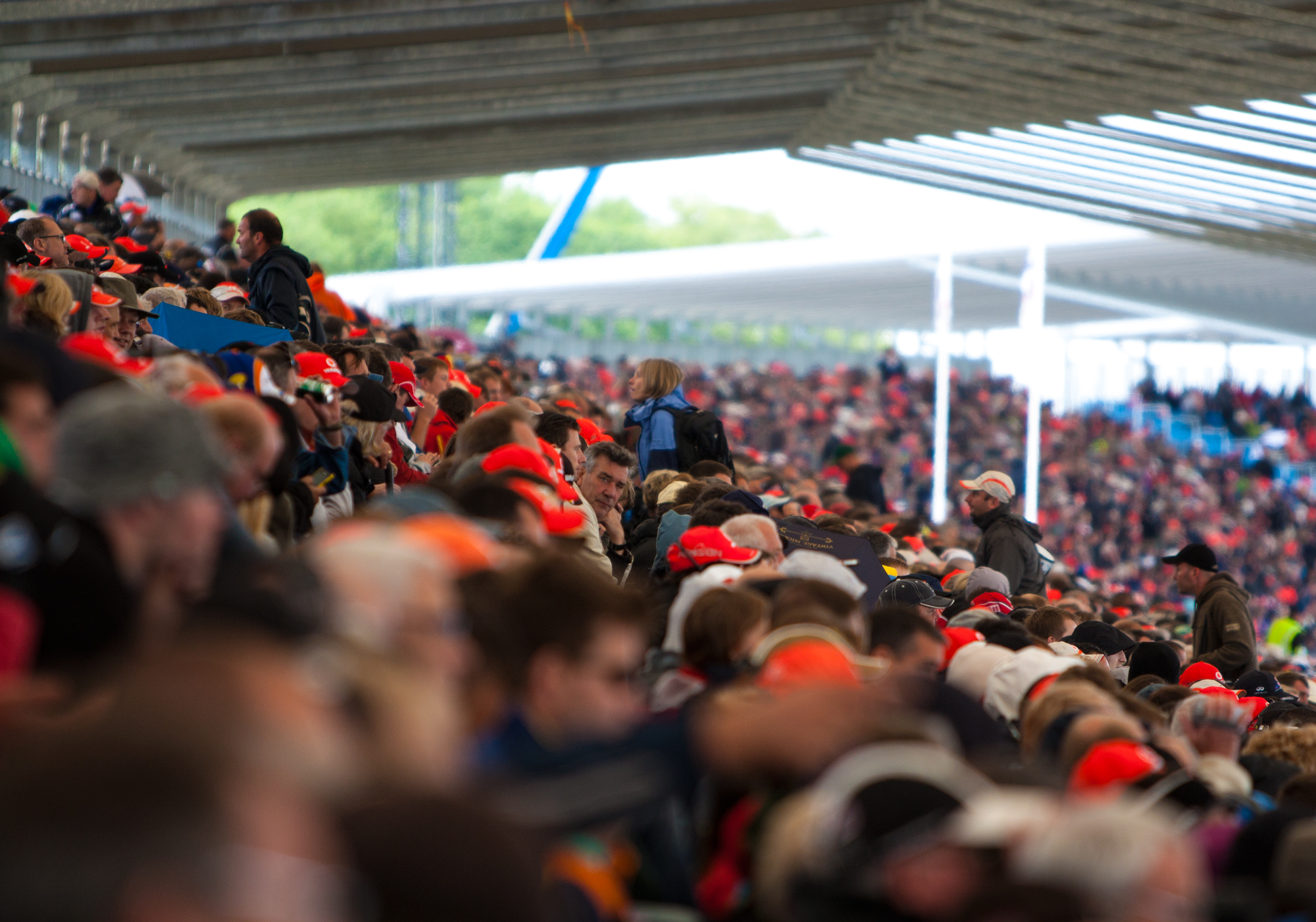 The controversial diffusers of Brawn GP, Toyota and Williams were today declared legal by the International Court of Appeal.
The controversial diffusers of Brawn GP, Toyota and Williams were today declared legal by the International Court of Appeal.
The argument centred around the interpretation of the new regulations, which apparently were somewhat ambiguous in their specifications about the height of the rear structural arrangements.
The three teams, known as the “diffuser gang”, could be seen in two different lights. To their fans, and to engineers the world over, they were innovators, who when given a problem, thought constructively and cleverly around it. They ended up with fast, competitive cars, leaving their not-so-quick rivals in the shade.
To the other teams, they were effectively cheats. Perhaps resentful of the allegation of not having been as quick off the mark, many rival engineers were quick to allege that they had explored the possibility of “double-deck” diffusers, but had discarded it on the grounds that it wouldn´t be in the “spirit of the laws”.
A coherent argument emerged, one familiar to all those fans who have had to follow F1 engineering wrangles over the years. Two strains of thought were present – one followed the letter of the law, and interpreted its meaning, and came up with a standard diffuser. The other didn´t interpret, but saw what the laws hadn´t legislated against, and implemented that.
This is a very old argument – how far should engineers go? The FIA is always trying to reduce speeds and better the show. The engineers, meanwhile, are just bent on trying to make their cars go faster. So there is a discrepancy between what the laws say and what they mean, and the “diffuser gang” exploited that.
So the ruling is effectively a surrender from the FIA – they cannot say this is illegal because that would contradict their original laws. So it must be legal, and in so doing, they bow to the engineering innovation of a group of people who dared to exploit what the laws did not prohibit. A group of people in Brackley, Grove and Cologne, whose ideas are hastily being copied by other bases as this article is written.
The copiers are either wronged or naive, and in either case, they have a lot of work to do.






